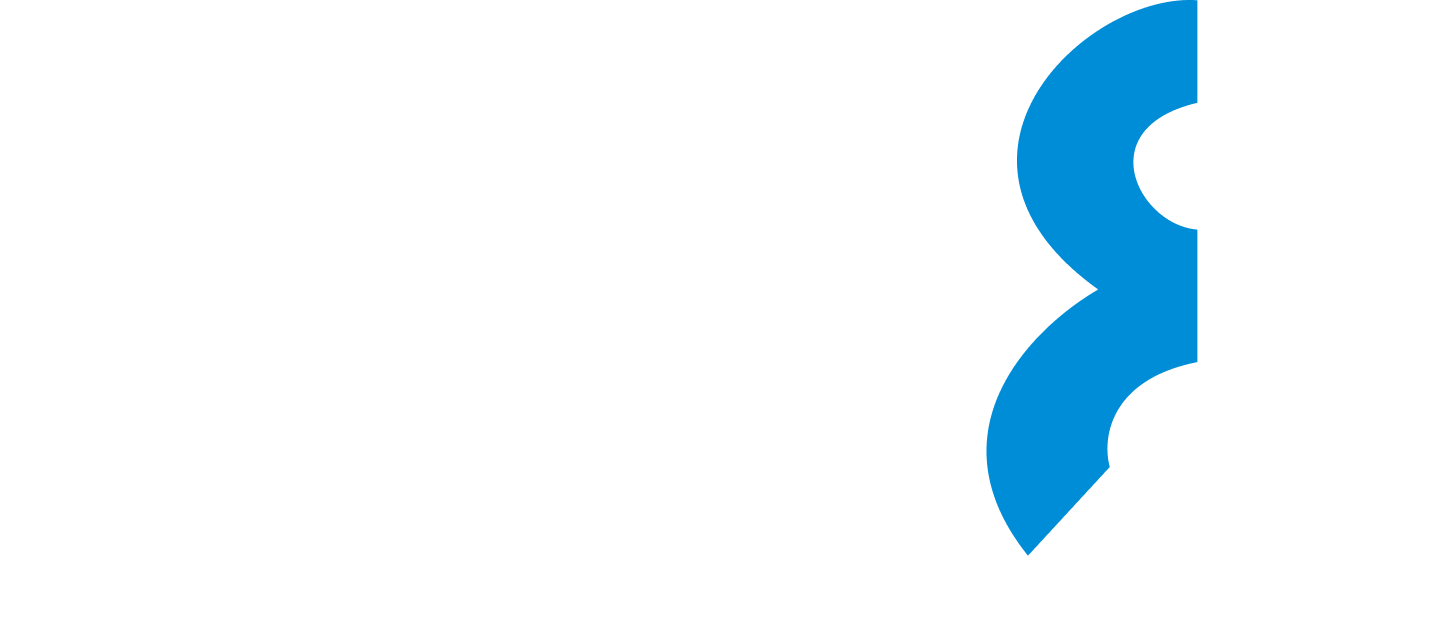Overview of Customs Brokerage:

Customs brokerage refers to the professional service of facilitating the import and export of goods across international borders. It involves managing the complex documentation, compliance requirements, and logistics associated with customs clearance.
Customs brokers are individuals or companies licensed by the government to act on behalf of importers and exporters in ensuring compliance with customs regulations and facilitating the smooth movement of goods.
Importance of Customs Brokers:
Customs brokers play a crucial role in international trade by providing expert knowledge and assistance to businesses engaged in importing and exporting activities. Here are some reasons why customs brokers are necessary:
Compliance:
Customs regulations can be complex and constantly evolving. Customs brokers are well-versed in these regulations and ensure that importers and exporters comply with all necessary requirements, such as proper documentation, tariff classifications, valuation, and duty payment.
Efficiency:
Customs brokers streamline the customs clearance process by leveraging their expertise and experience. They navigate through the bureaucratic procedures, anticipate potential issues, and expedite the movement of goods across borders.
Cost Savings:
By ensuring compliance and minimizing delays, customs brokers help importers and exporters avoid penalties, fines, and additional storage or demurrage charges. They also assist in identifying potential cost-saving opportunities, such as duty reduction programs or trade agreements.
Documentation Management:
Customs brokers handle the extensive paperwork involved in customs clearance, including import/export permits, commercial invoices, packing lists, and certificates of origin. They ensure accuracy and completeness of the documents, reducing the risk of customs delays or rejections. (Know more about documents and why it is required in transportation.)
Process of Customs Brokerage
The customs brokerage process involves several key steps:
Preparing Documentation
The customs broker works closely with the importer or exporter to gather the necessary documentation for customs clearance. This includes commercial invoices, packing lists, bills of lading, and any required permits or certificates.
Customs Entry
The customs broker prepares and submits the customs entry, which includes declaring the goods, providing detailed descriptions, and assigning appropriate tariff classifications and customs values.
Duty and Tax Calculation
The customs broker determines the applicable duties, taxes, and fees based on the customs regulations and the value and nature of the imported goods. They ensure accurate calculations and explore any duty-saving opportunities, such as preferential trade agreements or tariff exemptions.
Customs Compliance
Customs brokers verify that the goods comply with all applicable regulations, such as product safety standards, labeling requirements, and trade restrictions. They may coordinate with other government agencies to obtain additional clearances or certifications, if necessary.
Customs Clearance
The customs broker liaises with customs officials on behalf of the importer or exporter to ensure smooth clearance of the goods. They address any queries or requests for additional information from the customs authorities.
Delivery and Post-Clearance
Once the goods are cleared by customs, the customs broker arranges for their delivery to the designated location. They may handle logistics, transportation, and coordination with other parties involved in the supply chain. Additionally, customs brokers may assist with post-clearance activities, such as duty drawback claims or customs compliance audits.
Overall, customs brokerage is a specialized service that simplifies the complexities of customs procedures, facilitates trade compliance, and enables efficient movement of goods across international borders. By leveraging the expertise of customs brokers, businesses can focus on their core operations while ensuring smooth and compliant international trade.
Customs Brokerage in the Era of Digitalization
In today’s rapidly evolving business landscape, the customs brokerage industry is adapting to the digital age. With the ever-changing regulations and procedures related to shipments and customs clearance, there is a noticeable shift towards conducting business transactions online.
Customs brokerage firms are proactively upgrading their internal infrastructure to align with these requirements, ensuring smooth compliance with electronic procedures and traditional processes alike.
Customs brokers prioritize staying up-to-date with the latest technology advancements and closely monitor the dynamic developments within their industry. This commitment enables them to deliver high-quality services to their clients consistently, leveraging the benefits offered by digitalization while maintaining their expertise in traditional customs practices.
Example:
Let’s consider an example to illustrate customs brokerage in action. Imagine a clothing retailer based in the United States that wants to import a shipment of garments from a manufacturer in China. The retailer engages the services of a customs broker to handle the complex customs clearance process.
The customs broker begins by ensuring all necessary documentation is in order, including commercial invoices, packing lists, and certificates of origin. They assess the tariff classifications and customs values of the garments, ensuring compliance with U.S. customs regulations. The broker then calculates the applicable duties and taxes based on the information provided.
They submit the customs entry electronically, accurately declaring the goods and facilitating communication with customs authorities. The customs broker communicates with the relevant government agencies to address any additional requirements, such as textile quotas or safety certifications.
Once the goods arrive at the U.S. port, the customs broker facilitates the inspection and clearance process, ensuring all customs requirements are met. Finally, they arrange for the delivery of the garments to the retailer’s warehouse.
Throughout the entire process, the customs broker acts as a knowledgeable guide, navigating the complexities of customs procedures, ensuring compliance, and enabling the smooth importation of goods for the retailer.
Frequently Asked Questions:
What are the benefits of using a customs broker?
Using a customs broker ensures compliance with customs regulations, reduces the risk of delays or penalties, and provides expertise in navigating the complexities of customs procedures.
How do customs brokers calculate duties and taxes?
Customs brokers calculate duties and taxes based on the customs value of the imported goods, taking into account tariff classifications, applicable trade agreements, and any exemptions or preferential rates.
Can customs brokers handle both electronic and traditional customs clearance processes?
Yes, customs brokers are equipped to handle both electronic and traditional customs clearance procedures, adapting to the digitalization of customs processes while maintaining expertise in traditional practices.
